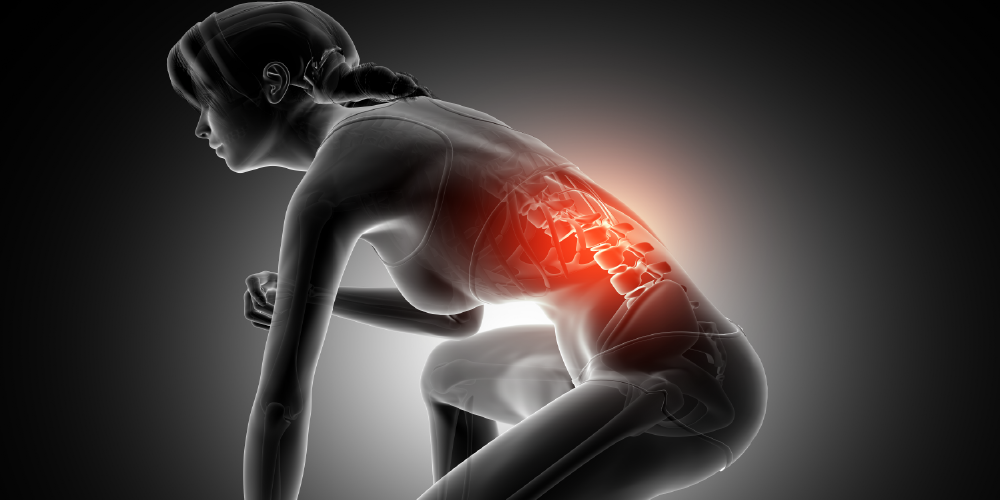A herniated disc refers to a condition that affects the disks between the individual vertebrae that make up your spine. A herniated disc is likely to occur when one of these small discs slips out of place or ruptures. The discs themselves are made up of a soft, jelly-like interior, surrounded by a tougher exterior. When the exterior is torn, some of the interior matter will begin to push through, resulting in weakness, numbness, or pain. While many individuals who suffer a herniated disc will experience mild, short-lived symptoms, some cases may require more intensive treatment.
While most herniated discs occur in the lumbar spine (the lower spine), this specific condition can also occur in the cervical spine (the neck).
Symptoms of Herniated Discs
In some instances, a herniated disc will go undetected for a prolonged period of time, seeing as symptoms may not always be present. When symptoms are present, they tend to include the following:
- Pain is specific areas (such as the feet, legs, arms, or back)
- Numbness of the legs
- Numbness of the hands or feet
- An uncomfortable tingling or burning sensation
- Stiff neck
- Muscle weakness
- Oversensitive reflexes
- Muscle spasms
Pain associated with herniated discs is usually intensified when an individual is standing, while pain may be alleviated when an individual is lying down. Because some herniated discs will cause no obvious symptoms, a thorough medical diagnosis is always necessary. Fortunately, if you have been experiencing pain related to this specific condition, treatment is available.
Treatment for Herniated Discs
Not every herniated disc will require medical intervention, though it is a good idea to seek professional care in order for your pain to be properly diagnosed. If your herniated disc does require treatment, the length, type, and intensity of your treatment plan will depend entirely on the severity of your injury, your level of pain, and the specific symptoms that you are exhibiting. When it comes to herniated discs, surgery is typically viewed as a last resort. Most patients are advised to begin on a program of conservative care. This will include increased bed rest, over-the-counter medications, and decreased physical activity. If injuries are relatively minor, pain and swelling should be greatly reduced in between four and six weeks. If conservative treatments prove ineffective, seeking professional medical care will be necessary.
How Comprehensive Pain of the Palm Beaches Heals Herniated Discs
Initially, our dedicated team of experienced professionals will attempt to resolve pain associated with your herniated disc through conservative means. Through trial and error, we will determine which treatment options are best suited for you. In most cases, we combine physical therapy with non-addictive pain medications. If treatment such as these prove ineffective, and pain is severe and consistently interferes with adequate functioning, surgery may be considered as a final option. However, we have experienced immense success treating our patients conservatively, and drastically reducing their pain in a short period of time.
If you are suffering from a herniated disc we can help. Call (561) 434-7577 and let the caring staff at Comprehensive Pain of the Palm Beaches get you on the path to healing.


